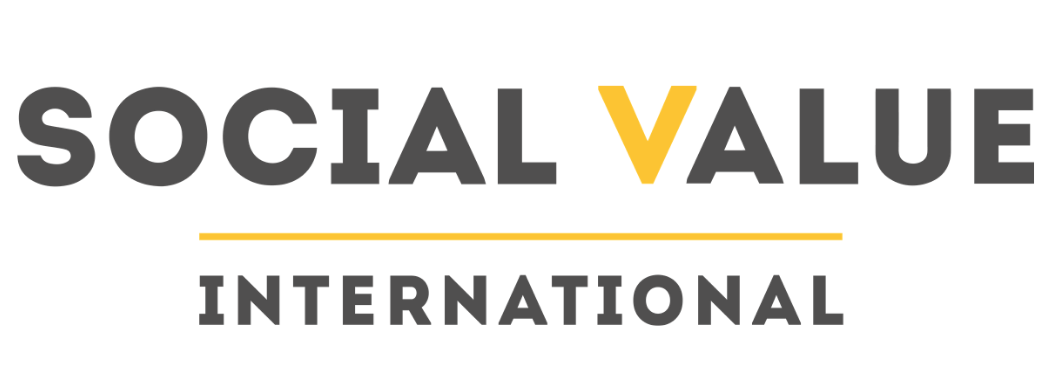Zero Discrimination Day: The Growth Of Inequalities Worldwide
The following blog was written by David Thomas.
‘…in 2015, all countries pledged to reduce inequality within and between countries as part of the Sustainable Development Goals. But it is not yet one that the world has delivered on.’
Reports from the UN show that inequality is growing for more than 70% of the global population. At a time of crisis, when the world has been ravaged by COVID-19, we need to move beyond promises to achieving social justice worldwide and move forth to achieve it.
Our world cannot continue to function with such high levels of inequality.
COVID-19 is hitting those affected by high levels of inequality worst of all, clearly visualised in the bidding war and contracts for any available vaccines, the level of healthcare available and the ability to work safely from home, or having a place to shelter through this. Reducing levels of inequality are hand in hand with ending the COVID-19 pandemic, neither can happen without the other. Until then, we risk further division, further destruction of economies worldwide, and mass loss of life.
Tackling inequalities has not been as high a priority globally as it needs to be for the function of our planet, now the consequences are being seen and will only continue to be highlighted as time goes on.
UNAIDS are using Zero Discrimination Day 2021 to highlight the urgent need to take action to end the inequalities surrounding income, sex, age, health status, occupation, disability, sexual orientation, drug use, gender identity, race, class, ethnicity and religion that continue to persist around the world.
In a pandemic that has shaken the world to its core and undoubtedly touched all of our lives for the worse, we must remember that we were already living a global epidemic recognised by the World Health Organisation. And we must learn from the world’s mistakes.
Between 1990 and 2019, UNAIDS estimate 75.7 million people have become infected with HIV, with up to 42.2 million having died from AIDS-related illnesses.
UNAIDS has shared that globally, we are not on track to end AIDS by 2030. This isn’t because of a lack of technological advancement, last year a man in London became the second to have been cured of the virus, nor a lack of funding. Inequality and a lack of social justice are what is stopping the AIDS epidemic from ending. Recent UNAIDS research shows that the risk of acquiring HIV is 26 times higher amongst men who have sex with men, 29 times higher among those who inject drugs, 30 times higher for sex workers and 13 times higher for transgender people. From these statistics alone, it’s clear that discrimination of marginalised groups feeds directly into the lack of fighting AIDS. A disease hidden away due to shame and stigma which ravaged marginalised communities and continues to affect lower-income economies, with 61% of new HIV infections in 2018 occurring in Sub-Saharan Africa and a reported 6% of Tanzanian women aged between 15 and 49 are living with HIV. currently.
In the UK, many LGBTQ+ people are learning about the epidemic for the first time through It’s A Sin, a mini-series following a group of Londoners through the 1980s and their experiences with AIDS, which has broken streaming records nationally. Why in a nation such as the UK are many only being educated on this now? Largely thanks to section 28 of the Local Government Act 1988 preventing any discussion of LGBTQ+ issues or existence in schools until 2003, contributing to the massive inequalities LGBTQ+ people still face today. In December 2020, it was announced that recorded UK police figures showed an 8% increase in hate crimes than in 2018/19, with the most common occurrences relating to a victim’s race. It’s no small task to erase inequality, and we’re pedalling backwards.
To end AIDS, we need to be better at ending inequality. By doing this we will better succeed in defeating and recovering from COVID-19. None of these is something that can be achieved overnight, but we can all make a difference. We call out discrimination when we see it. We amplify marginalised voices. We use our platforms to call our discriminatory laws, policies and regulations.
‘Every single person has a role to play in ending discrimination and reducing inequalities.‘
Tackling inequality and achieving social justice for all is one of the main missions of Social Value International. We know that your continued passion for justice and desire for a better world is why you support us. Through our work, our global networks, and our partners, we will work to ensure a better future for people and the planet by removing the entrenched barriers of inequality forever.
Read more about UNAIDs here.
